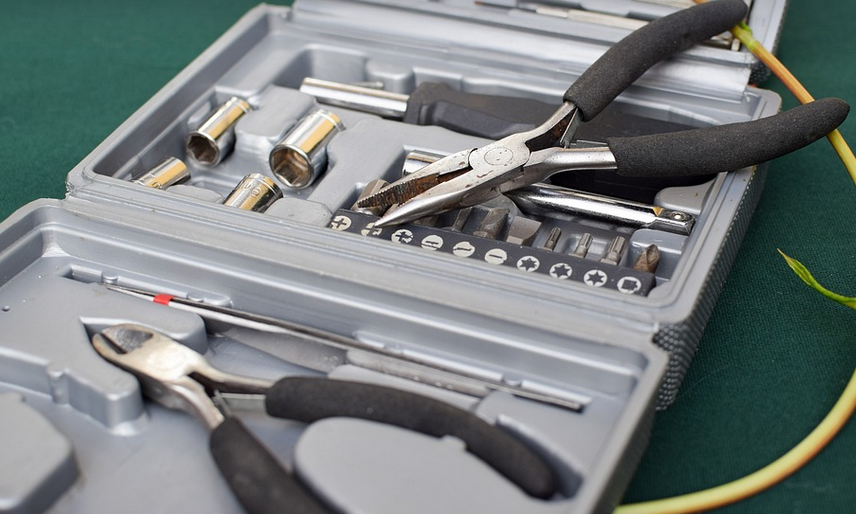Unraveling the Mystery of Silent, Yet Persistent Buzzing
Ah, laundry day. A daily ritual for many of us, filled with hopes of spotless clothes and a sense of accomplishment. But sometimes, even our trusty washing machines can throw us a curveball, leaving us staring at a spinning-less enigma. You’ll hear that unmistakable buzzing noise, but the coveted spin cycle remains elusive. Don’t worry! This article is your guide to understanding why this might be happening and how to get your washer back on track.
First off, let’s address the elephant in the room: this situation isn’t exactly ideal. A whining noise, however persistent it may be, often signifies a distress signal from your washing machine. To understand why it might be failing to spin and what you can do about it, we need to dive into the inner workings of this appliance.
Inside our washing machines, there’s a delicate dance between water, detergent, and centrifugal force that results in clean clothes. The heart of this process lies within the motor, the engine driving the entire operation. But like any complex machine, motors can experience wear and tear over time. To further illustrate how the motor works, consider it as the conductor of an orchestra, with each part playing its role to create a symphony of washing.
The most common culprit in this perplexing scenario is a malfunctioning motor. A sluggish or simply dead motor can fail to spin the drum effectively, causing that persistent buzzing sound and leaving your laundry to languish in limbo. Before you start troubleshooting or call for a repairman, it’s crucial to identify the specific nature of your machine’s buzz.
The buzzing itself might vary in intensity, frequency, and even the pitch, which can give us clues as to what’s wrong. It could be high-pitched, almost a whine, or a deeper, more rhythmic sound. This sounds like a clue! You may need to call for help.
One reason your washing machine might be buzzing but not spinning is if it’s struggling to move the water and detergent around the drum. This can occur due to a clogged impeller, the rotating fan that pushes the water through the washer and helps with cleaning clothes in a way similar to how the blades of a blender rotate.
This impeller is an essential part of the washing machine’s operation, responsible for creating a whirlpool effect inside the drum. If it’s clogged with detergent clumps or fabric, the water can’t flow through effectively, causing that characteristic buzzing noise and hindering the spin cycle.
So how do you fix this? You need to get your washing machine running smoothly again. A thorough cleaning of the impeller is usually all it takes. Here are a few tips for tackling this issue:
* **Check Your Machine’s Manual:** The first step is to consult your appliance’s manual, where you might find detailed instructions on how to clear your washer’s impeller.
**Unclogging the Impeller:**
Often, the culprit behind a clogged impeller is simply an overflowing detergent dispenser. This can happen if you use too much soap or if you don’t clean out the drum after each washing cycle. To unclog your impeller, try these simple steps:
* **Disassemble the Impeller:** Most impellers are detachable, allowing you to remove them and clear any buildup of detergent.
* **Flush with Water:** Once removed, rinse the impeller thoroughly under running water, ensuring that all residue is cleared off. This will help prevent future clogs.
**If You’re Unsure, Seek Professional Help:** If you find yourself struggling to unclog the impeller or are unsure of proper procedure, it’s best to consult a professional appliance repair technician. They have the knowledge and experience to diagnose the problem accurately and fix it safely.
**Beyond the Motor: Other Potential Culprits**
While the motor is often the leading suspect in this scenario, there could be other underlying issues that contribute to your washing machine’s predicament. It’s always a good idea to consider these possibilities as well:
* **Electrical Issues:** A faulty electrical connection or a problem with the circuit board can cause buzzing noises and prevent the washing machine from spinning. This is best diagnosed by a qualified technician.
* **Belt Problems:** A loose or worn-out belt could also contribute to this type of issue. If the belt slips or breaks, it can disrupt the proper rotation of the motor, leading to problems with the spin cycle. If you suspect this, don’t try to fix it yourself – call in a professional.
**Safety First: Be Cautious**
Working on any appliance, especially an electrical one like your washing machine, can be risky. Before you start troubleshooting, remember these safety precautions:
* **Turn Off the Power:** Always switch off the washer’s power at the breaker box before attempting to work on it. This prevents accidental shocks or electrocution.
* **Use Caution:** Be careful when handling electrical components and always use insulated tools, as sparks can occur during operation.
**Prevention is Key: Maintaining Your Washer**
To keep your washing machine in tip-top shape and minimize the chances of facing this frustrating buzzing problem, remember these preventive measures:
* **Regular Cleaning:** Keep your washer clean by removing any debris from the drum and cleaning the impeller regularly to prevent clogs and buildup. This will help maintain its performance.
* **Follow Your Manual’s Instructions:** Familiarize yourself with your machine’s specific maintenance schedule, outlined in its user manual. This will guide you on tasks like checking belts and filters, ensuring optimal operation.
**Conclusion: A Happy Laundry Day**
Your washing machine is a reliable ally in the battle against laundry piles, but even the most trusty appliances can have their quirks. Understanding the common causes of buzzing noises and their potential effects will empower you to address these issues effectively. Remember, don’t hesitate to seek help from experts if needed, as they can diagnose and fix more complex problems.
